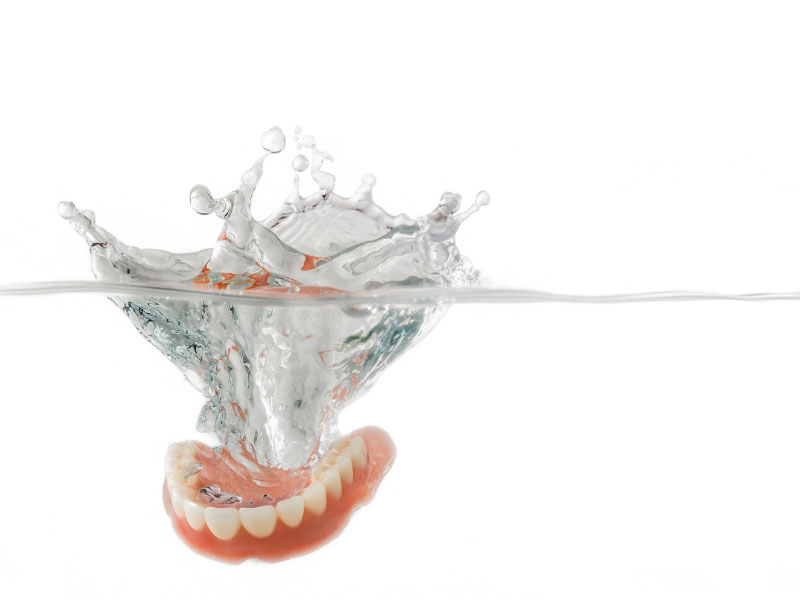Which Denture Is Right for You? A Guide

Losing teeth changes more than just your smile. It can change the way you stand, talk, and even eat. The good news is that dentures are now more modern, comfortable, and natural-looking than they have ever been.
But it's easy to feel overwhelmed because there are so many choices. With this advice, you can be sure of your choice because it makes things clear.
What Do Dentures Really Do?
Dentures are made to fill in the spaces between your teeth so you can smile, talk, and eat without worry. You can fix your teeth even if you've lost one or all of them.
They are helpful with:
· How to chew your food the right way
· Making your face look full
· How to speak clearly
· Getting your confidence back
Knowing What Your Options Are
Different types of dentures may be best for different smiles. These are some of the most common ones:
1. Dentures That Are Full (Complete)
These are used when there are no teeth in the upper or lower jaw. They sit on your gums and are made to fit your mouth perfectly.
Good for: People who don't have any natural teeth left in one or both arches.
· You can put them in right after your teeth are taken out (instant dentures)
· They are usually made of acrylic
· Change them every now and then as your gums change
2. Dentures That Only Cover a Few Teeth
If you still have healthy teeth, a partial denture might be the best choice. It fills in the gaps and attaches to the other teeth.
Best for: People who are missing some teeth but not all of them.
· Keeps teeth from shifting around
· Not as intrusive as full dentures
· You can get it in both metal and flexible forms
3. Implants Hold Dentures in Place
The dental implants go in the jawbone, and the dentures are attached to them. People like these because they feel natural and are stable.
Best for: People who want a choice that is safe and will last.
· Can be taken off or left on
· Feels more like real teeth
· Needs bones and gums that are healthy
4. Snap-On (Overdentures)
These dentures snap into implants, which makes them more stable but still easy to take off.
This is good for people who want both comfort and ease of use.
· It's easier to clean
· Doesn't move like regular dentures do
· You need fewer implants than with options that are completely fixed
What Do You Do to Choose the Right One?
The right fit will depend on what you need. Here are some things to think about:
· ❓ How many teeth are gone?
· ✅ Is your jawbone and gums in good shape?
· How much money do you have and what do you want to do in the long run?
· Would you rather have something that stays on or something that you can take off?
· ️ How important is it to you to be able to chew and feel good?
What About the Time It Takes to Get Used to It?
It might take a while to get used to wearing dentures, but it's only for a short time. After a few weeks, most people get used to it.
This is what helps:
· Start with soft foods
· Speak to yourself out loud
· Use dental glue if you need to
· Get checked out regularly to make sure they fit and feel good
How Long Will They Be There?
· If you take care of them properly, traditional dentures can last from five to eight years
· Implants can help options last for 10 years or more
· They will last longer if you clean them every day and make small changes from time to time
When to Get a New One or a New Line
You don't have to deal with pain. If you have any of the following, call your dentist:
· Your dentures don't fit well or move around a lot
· It's been harder to eat and talk
· There are stains or cracks that are easy to see
· Your breath smells bad or you have sore spots
Let's Find the Right Fit for You
Your comfort, health, and confidence are all very important. The best way to choose a denture option is to talk to a specialist who can look at your needs and explain your options to you.
Are you ready to get started? Set up a time to meet with us today.
You might be closer to finding a smile that fits better and makes you feel better than you think.


